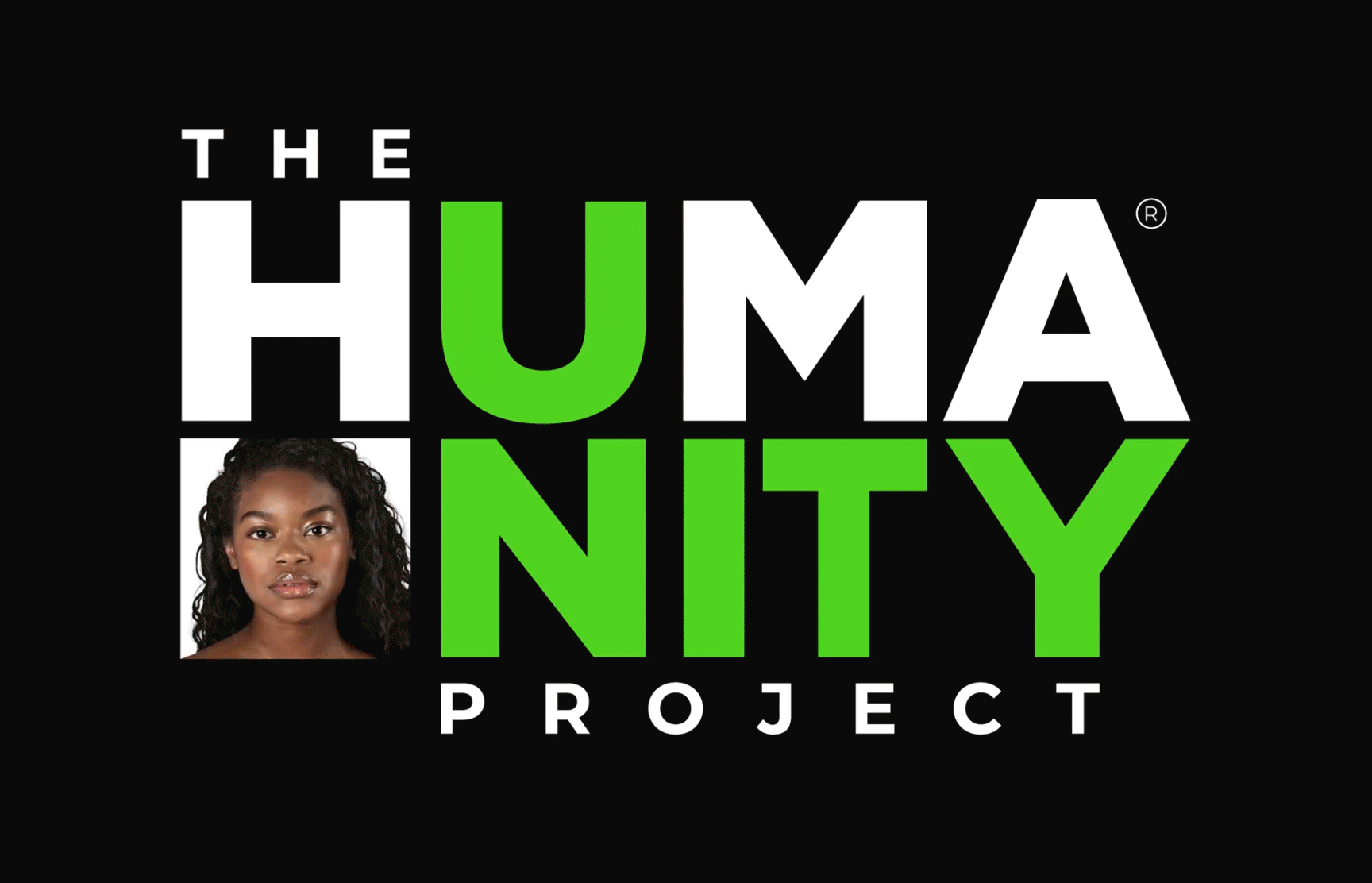This is the fourth in a new series of blogs written for our website by Humanity Project Founder, Bob Knotts, a playwright, poet and author of the book “Beyond Me: Dissecting Ego To Find The Innate Love At Humanity’s Core.” These blogs offer a more personal perspective on the goodness and inherent value of humanity, ideas that are the foundation of the Humanity Project’s work.
I vividly remember the days and weeks after 9/11. Those memories have taught me something about coping with the current coronavirus pandemic.
I was fortunate enough to have been untouched physically by those horrific terrorist attacks, as was everyone I knew. No family member, friend or colleague of mine was killed that day. But like nearly all the people I cared about, I was wounded by the jetliners of September 11, 2001.
I mourned the senseless loss of life, felt it viscerally, deeply. This came over my body like an illness that drained and weakened me. But I also suffered greatly from fear. I was afraid, very afraid for my nation, for all of my countrymen and countrywomen and for all those I loved. And I was afraid for myself. Very afraid indeed.
And so today I think of the coronavirus as something so new it’s old. Yes, COVID-19 is the latest threat to humanity’s health, both physical and mental. This fresh strain of disease seemed to materialize as though from the clouds, suddenly raining down upon our everyday lives. But it feels disturbingly familiar too. The coronavirus has brought with it the return of that same fear. Fear not only for the American population this time but for all the people of the world and, yes, for all those I love. And, of course, fear once again for myself.
That lingering bonedeep terror comes over us whenever we endure some especially jarring trauma. Our reaction is understandable, it is human. It is the nature of our imagination. Perhaps the greatest of all humanity’s gifts turns against us at such moments — our ability to conjure detailed thoughts about things that don’t exist. We dwell on the sudden new threat, letting the possibilities simmer and bubble into a dreadful stew. This kind of dark worry, of dread, is predictable enough. We need only look to our past.
As a journalist I interviewed dozens of men and women who survived the 1941 Japanese attack on Pearl Harbor. Many recalled for me the weeks immediately afterwards, their wild fears inflamed by rumors of new enemy assaults and networks of spies stealing around Oahu. But their fears were unjustified. There were no further attacks, no vast spy networks. After 9/11, I was among those who worried obsessively: Would the terrorists hijack more planes? Would they launch car bombings? Would they poison our water supplies? Soon enough, an anthrax scare had many of us washing our hands after touching the letters in our mailbox. But all these fears came to nothing. No more hijackings, no bombings, no poisonings … and no anthrax in the mail delivered to our homes.
I recount this history for a reason. It should offer a reassuring reminder that our imaginations just now may be our biggest problem. Will I get the virus? Will I pass it to others? Will I end up in the hospital? Or worse, will I die from the coronavirus? What about the economy, our jobs, our income? And can life ever really return to normal? None of this is meant to suggest that we should be anything but extremely cautious, just as those who study pandemics suggest. Wash our hands often, of course, and use hand sanitizers. Avoid touching our face unless we know our fingers are clean. Keep a sensible six-foot or more social distance. And so on — by now, no doubt, you know all the good advice.
But we can also relieve our psychological distress to some considerable degree by remembering our previous trauma-induced fears. As so often, Mark Twain left us an observation that’s both witty and insightful: “I am an old man and have known a great many troubles, but most of them never happened,” Twain noted.
No one yet knows what COVID-19 will bring to us, individually or as a family, as a nation or as the human race. But it seems safe to say that the future for the vast majority of people is unlikely to turn out anywhere near as terrible as our thoughts. We may know our worst troubles, but for most of us they will never happen.


